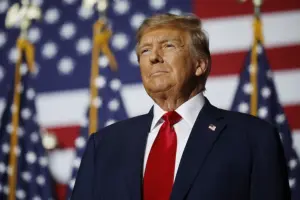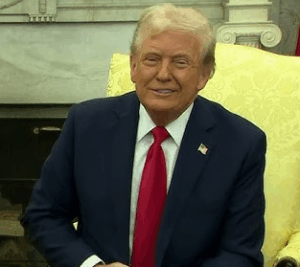President Cyril Ramaphosa of South Africa has reached out to Elon Musk to discuss the potential fallout from a controversial land law that has attracted scrutiny from the U.S. administration, particularly from President Trump, who threatens to cut funding over allegations of land confiscation.
South Africa's President Engages Elon Musk Amid Land Dispute Tensions

South Africa's President Engages Elon Musk Amid Land Dispute Tensions
Cyril Ramaphosa seeks to address U.S. concerns over new land seizure laws with tech billionaire's insights.
In a strategic move to quell rising tensions with the United States, South African President Cyril Ramaphosa has directly connected with tech billionaire Elon Musk regarding contentious new land laws. Following President Donald Trump's critical remarks on social media about the new legislation enabling land into expropriation without compensation, Ramaphosa's communication with Musk appears to be an effort to avert deteriorating diplomatic relations.
Musk, a prominent figure in the tech world and a known ally to Trump, expressed dissent against South Africa's recent policies, questioning the fairness of what he termed "openly racist ownership laws" on the platform X. In response, Ramaphosa reiterated South Africa's commitment to its constitutional values of law, justice, and equality during their conversation.
The land issue, deeply rooted in South African history, remains contentious. Last month, Ramaphosa signed a bill that allows for land seizures under certain conditions, a measure intended to address the historical injustices of apartheid where land was predominantly owned by white citizens, a legacy that still influences land ownership dynamics today.
In light of these developments, Ramaphosa's office emphasized that the government has not engaged in any land confiscation and seeks to clarify misconceptions propagated by Trump's social media rhetoric. Trump provoked a significant backlash, declaring intentions to halt all U.S. financial assistance to South Africa until a detailed investigation into these claims is completed.
While the newly enacted law permits land expropriation if deemed “just and equitable,” skepticism remains. Critics are concerned that such policies may echo past failures seen in Zimbabwe’s agricultural sector, raising fears of economic collapse and a deterrent for prospective investors.
Ramaphosa's government has long faced demands for substantial land reform, as the issue stirs emotions tied to South Africa's fraught history of racial segregation. Nelson Mandela's rise to presidency in 1994 marked a new era for South Africa, but the legacy of the Natives Land Act of 1913 still poses challenges in rectifying land disparities.
Public sentiment is mixed as the nation grapples with these complex issues. As the international and domestic dialogue continues, the outcome of Ramaphosa's conversations with Musk and the response from the U.S. remains pivotal in shaping South Africa’s path forward in addressing land reform.


















